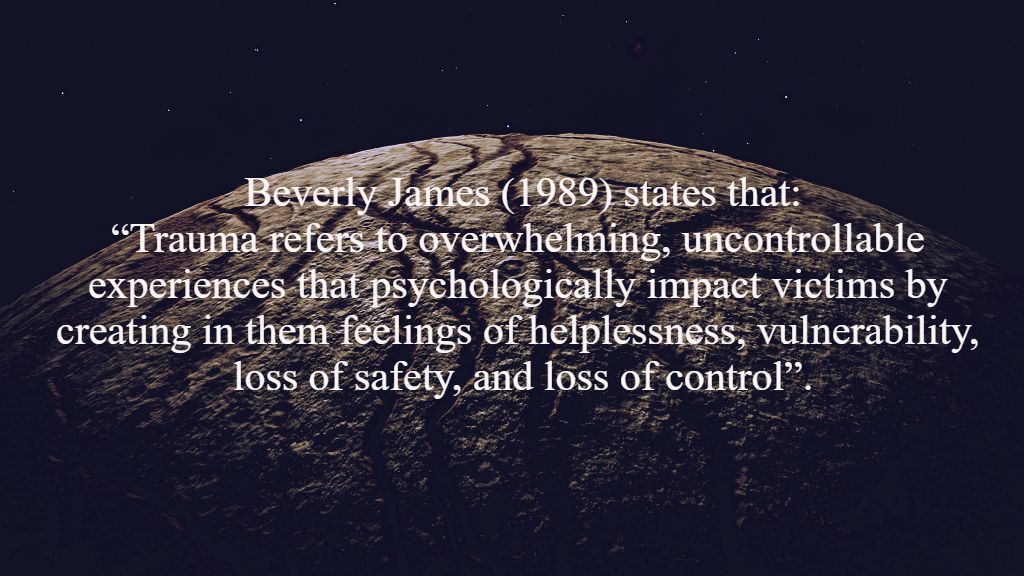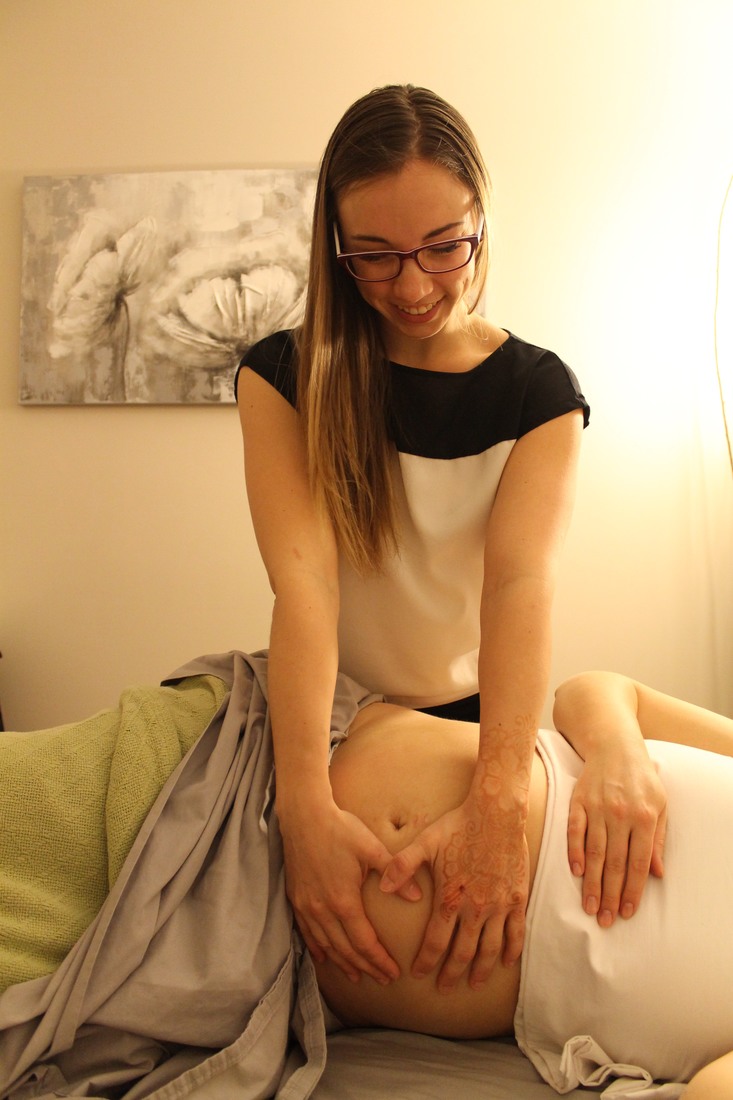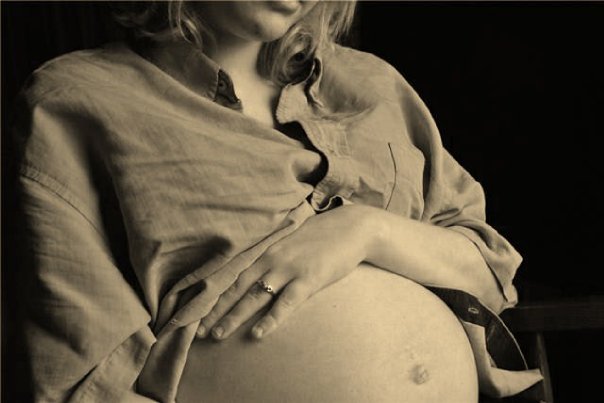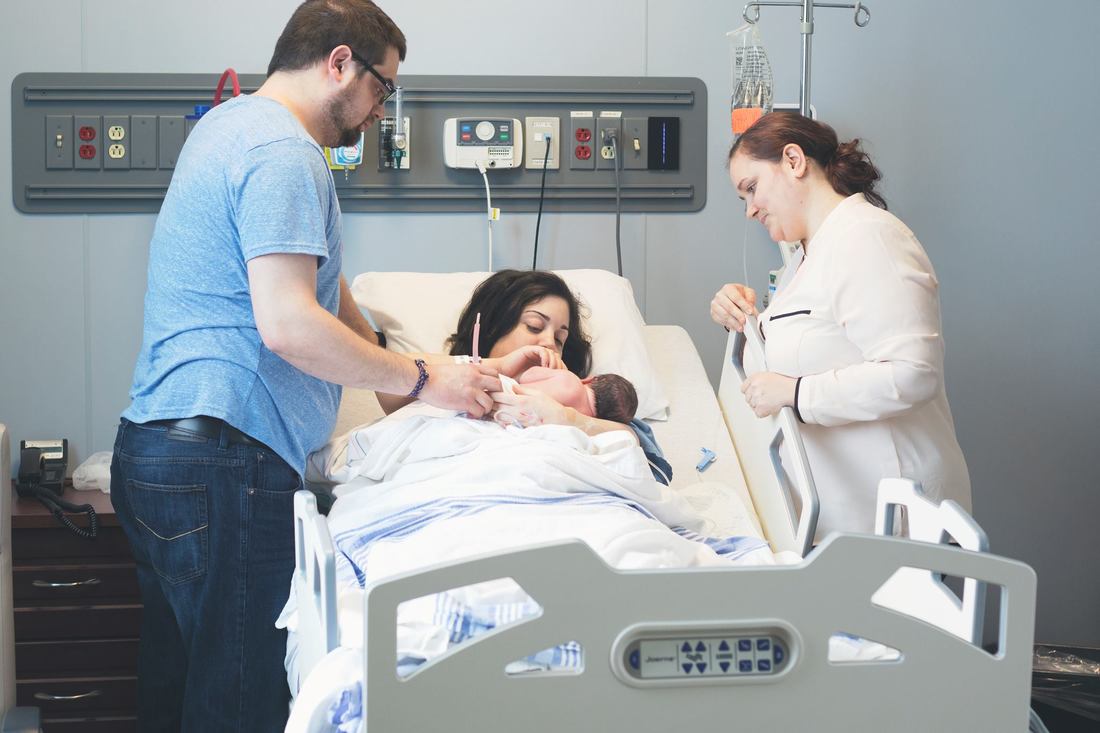I would counter that in the Doula role we all need to acknowledge that trauma is an important area for all Doula’s to be aware of. Trauma reactions can result from many experiences including emotional abuse, physical abuse, sexual abuse, neglect and domestic violence.
For the purpose of just sharing some statistics, let’s look at just sexual assault.
Sexual Assault.ca states that
- “Of every 100 incidents of sexual assault, only 6 are reported to the police
- 1 – 2% of “date rape” sexual assaults are reported to the police
- 1 in 4 North American women will be sexually assaulted during their lifetime
- 11% of women have physical injury resulting for sexual assault
- Only 2 – 4% of all sexual assaults reported are false reports
- 60% of sexual abuse/assault victims are under the age of 17
- over 80% of sex crime victims are women
- 80% of sexual assault incidents occur in the home
- 17% of girls under 16 have experienced some form of incest
- 83% of disabled women will be sexual assaulted during their lifetime
- 15% of sexual assault victims are boys under 16
- half of all sexual offenders are married or in long term relationships
- 57% of aboriginal women have been sexually abused
- 1/5th of all sexual assaults involve a weapon of some sort
- 80% of assailants are friends and family of the victim?
So this means that even if this topic doesn’t come up in an intake session, all Doula’s need to remember that many victims of sexual assault do not report being violated for many reasons. I have met woman and men who have kept their secret (even from their partner) thinking that it can be buried /forgotten and they can move on because they want to move on. They want to forget.
Trauma however, is a sensorial experience and is stored in the part of the brain that stores sensory experiences. This means that it can be triggered by sensory experiences and you can get anymore sensory – than birthing your baby or watching your loved one birthing a baby.
Birth can make any birthing parent and their partner feel all of those things. So if a potential birthing parent shares that they are afraid of feeling helpless, vulnerable, unsafe or not feeling in control- it makes good sense that a Doula’s can share their knowledge and expertise.
This is intentional sharing so the birthing parent doesn’t feel helpless. We want birthing parents to feel empowered because they have a sense of a birth plan and they trust that their Doula will share this information if they cannot. We want birthing parents to be reminded that as their Doula we will stay at their side (if that is what is wanted) where we will share information, comfort measures, ideas and tools . We want our birthing parents to feel that there is some predictability in the birthing process. Ultimately, this will help the birthing parent feel like they have some control over the experience. However, when the experience doesn’t go as planned (as births sometimes can)- the relationship that a Doula establishes with the birthing family will provide the foundation of safety.
So whether we know if a trauma history is present or not, as a Doula we want our birthing parents to feel that the birth experience we share with them is not traumatic. The analogy I share is that I want birthing parent to drive the car but I will be the gas. I will share what I can so they have a voice, have a map and go in the direction they planned to go in all along.




























